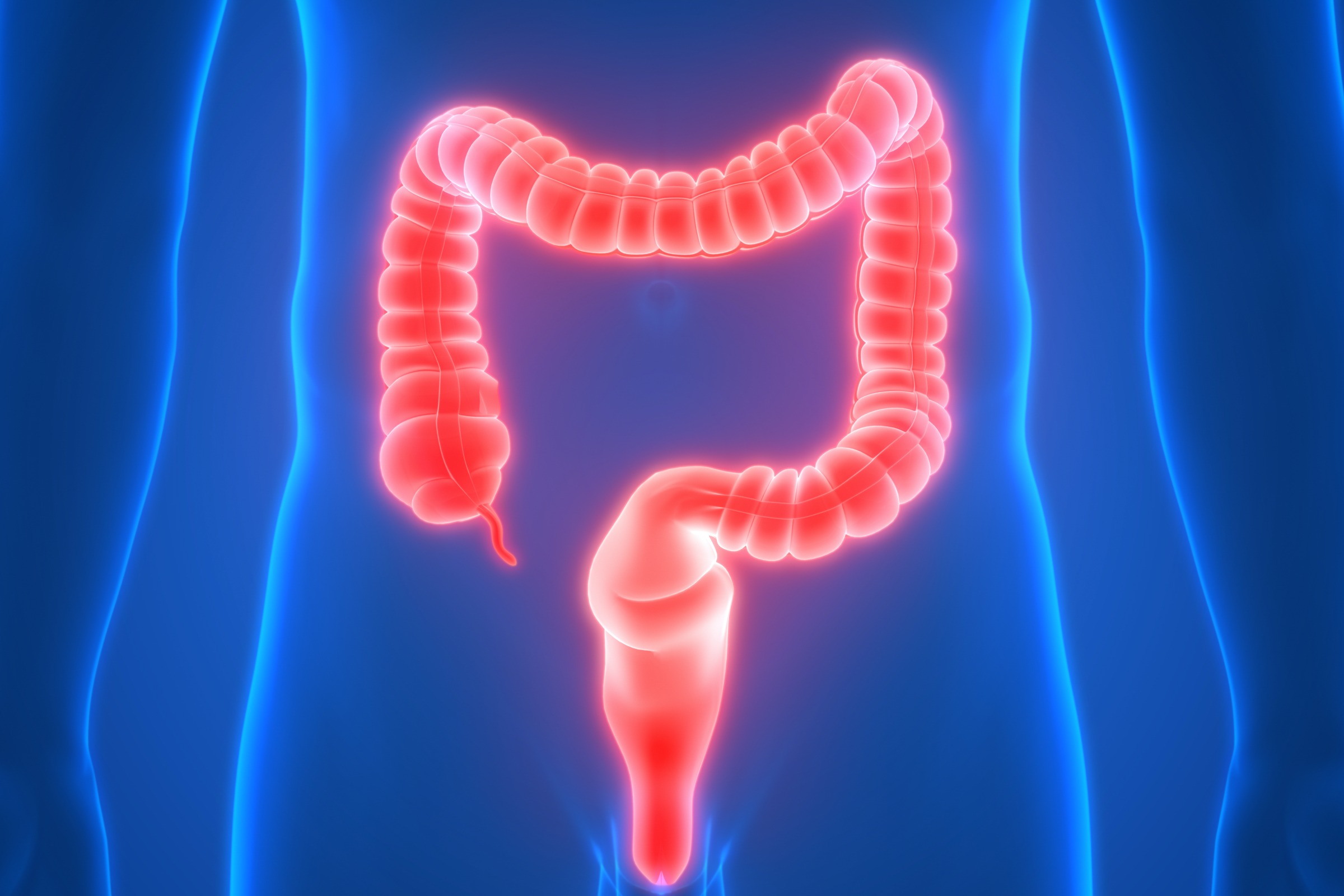Colitis
Colitis refers to inflammation of the inner lining of the colon. There are several types of colitis, classified by cause, including ulcerative colitis, Crohn's disease (which affects more than just the colon), infectious colitis, and ischemic colitis, among others.
What is Colitis?
Colitis is an inflammation of the colon, commonly presenting as diarrhea, abdominal pain, and urgency to defecate. It can be caused by infections, inflammatory bowel disease, or allergic reactions. Identifying the type of colitis is crucial as it influences the treatment strategy.
Ulcerative Colitis Symptoms
Symptoms of ulcerative colitis can vary significantly depending on the severity of inflammation and the area affected. Common symptoms include:
Chronic diarrhea, often bloody or pus-filled
Abdominal pain and cramping
Fever during active phases
Colitis Treatment
Treatment for colitis depends on the cause of the disease and may include:
Medications: For ulcerative colitis, anti-inflammatory drugs like aminosalicylates and corticosteroids, immune system suppressors, and biologics are commonly used.
Infection Control: For infectious colitis, antibiotics or antiparasitic medications may be necessary.
Dietary Changes: Adjustments to diet can help manage symptoms, such as increasing fiber intake for some forms or reducing fiber for others.
Surgical Options: In severe cases of ulcerative colitis, surgery to remove part or all of the colon may be necessary.
Colitis Treatment Turkey
Turkey offers advanced medical treatments for colitis at competitive costs, making it a favorable destination for medical tourism:
Specialized Medical Centers: Turkey has numerous hospitals with specialized gastroenterology units equipped with the latest technologies for diagnosing and treating various types of colitis.
Experienced Specialists: Many Turkish doctors are internationally trained and have extensive experience treating a wide range of gastrointestinal diseases, including ulcerative colitis.
Cost-Effectiveness: Treatment in Turkey is often more affordable compared to Western countries, with many hospitals offering comprehensive packages that include medical services, accommodation, and translation.
Holistic and Integrative Approaches: Some Turkish medical centers offer integrative approaches that combine conventional medical treatments with traditional and holistic therapies aimed at enhancing patient well-being.
Recommendations and Lifestyle Management
Effective management of colitis may also involve lifestyle changes to help reduce symptoms:
Regular Exercise: Helps reduce stress, which can exacerbate symptoms.
Stress Management Techniques: Meditation, yoga, and other relaxation practices can help manage stress-related flare-ups.
Avoiding Trigger Foods: Identifying and avoiding foods that trigger symptoms can help manage the condition more effectively.
By combining advanced medical treatments with lifestyle adjustments and stress management, patients with colitis can achieve better control over their symptoms and improve their quality of life. As always, treatments should be discussed with a healthcare professional to ensure they are tailored to the individual's specific needs, especially when considering treatment options abroad in Turkey.
